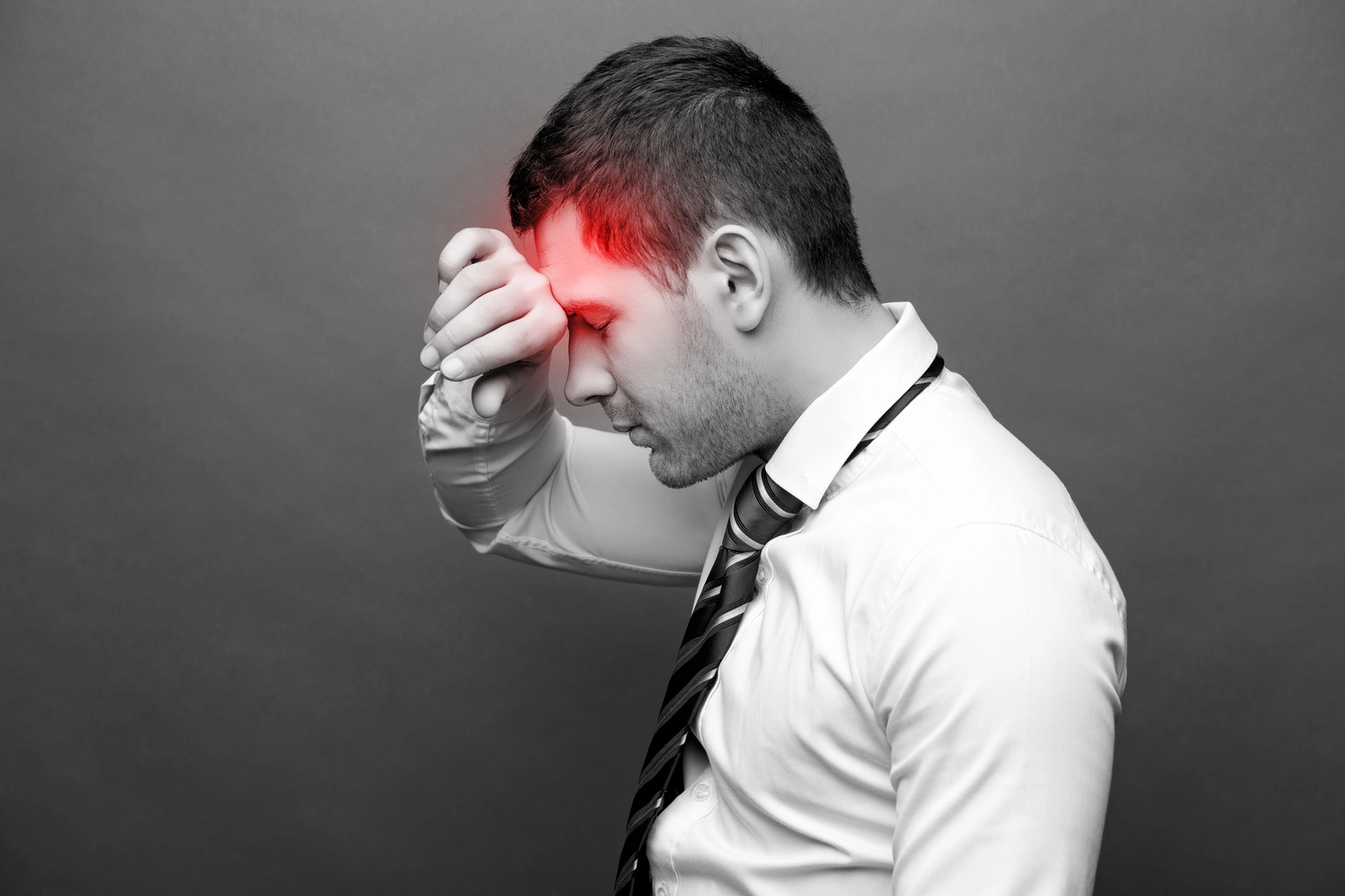Lyrica vs. Gabapentin: Differences and Efficacy

What you will learn
- Pregabalin (Lyrica) and gabapentin (Neurontin) are two anticonvulsant medications that treat seizures and nerve pain, as well as other off-label uses.
- Lyrica and gabapentin work in similar ways, but Lyrica is absorbed faster.
- They have similar side effects, including dizziness, drowsiness, and fluid buildup.
- Gabapentin is only controlled in a few states, while pregabalin is controlled in every state.
- Both gabapentin and pregabalin have a potential for misuse and dependence.
Pregabalin (Lyrica) and gabapentin (Neurontin) are commonly prescribed for seizures and nerve pain. They have many similarities, but some differences may make one more appropriate for you than the other. Here’s everything you should consider.
What Are Lyrica and Gabapentin?
Lyrica is the brand name for pregabalin, and Neurontin, Gralise, and Horizant are some of the brand names for gabapentin. Both of these drugs are anticonvulsants that are used to treat seizures, post-herpetic neuralgia from shingles, and other types of neuropathic pain.[1] Both medications are gabapentinoids, a class of drugs that have similar mechanisms of action and side effects.
Both pregabalin and gabapentin are structurally similar to gamma-aminobutyric acid (GABA), an inhibitory neurotransmitter. They don’t bind to GABA or benzodiazepine receptors, but they are believed to bind to certain pathways in the nervous system to relieve nerve pain and calm seizure activity.[2]
Lyrica and gabapentin come in oral capsules and are available as a liquid solution. Gabapentin is also available as an oral tablet. Lyrica is taken 2 to 3 times a day, while gabapentin is taken 3 times a day.[3] Both drugs are eliminated from the body by the kidneys, so you may need a lower dose if you have kidney problems.
Extended-release (ER) formulations are available for both medications. Lyrica CR (brand name) and pregabalin ER (generic) treat postherpetic neuralgia or diabetic neuropathy.[4] Gabapentin is only available in a brand-name ER formulation with Gralise and Horizant, both of which are approved to treat post-herpetic neuralgia. Horizant is also approved for restless leg syndrome.[5] These drugs are typically taken once daily, though Horizant may be taken twice daily for post-herpetic neuralgia.
What Are Gabapentin and Lyrica Used For?
Lyrica and gabapentin are FDA-approved as add-on treatments for partial-onset seizures. Gabapentin is approved for adults and children at least 3 years old. Pregabalin is approved for adults and children as young as one month old.
These drugs, known as post-herpetic neuralgia, are also approved for nerve pain from shingles. However, pregabalin may also be used to treat nerve pain from diabetes (diabetic neuropathy), nerve pain from spinal cord injuries, and fibromyalgia. Gabapentin may be used for these conditions as well, and it’s viewed as a first-choice medication for diabetic neuropathy.
Both Lyrica and gabapentin are often used off-label to treat other types of nerve pain, muscle and bone pain, anxiety, headache, menopause symptoms, restless leg syndrome, and alcohol use disorder.
Side Effects of Lyrica vs. Gabapentin

The side effects of Lyrica and gabapentin are similar, but some studies suggest that Lyrica may have fewer side effects overall. Both drugs have dizziness and sleepiness as the most common side effects.
The side effects of Lyrica include:[6]
- Headache
- Dry mouth
- Constipation
- Increased appetite
- Weight gain
- Back pain
- Blurred vision
- Red, itchy eyes
- Gas and bloating
- Poor coordination
- Wheezing
- Shortness of breath
- Chest pain
- Rash
- Memory problems
The side effects of gabapentin include:[7]
- Drowsiness
- Dizziness
- Headache
- Shaking
- Blurred vision
- Dry mouth
- Memory problems
- Increased appetite
- Constipation
- Weight gain
- Joint pain
- Flu-like symptoms
- Ear pain
- Runny nose
- Shortness of breath
- Poor coordination
- Itching
- Swelling of the face, tongue, lips, or eyes
- Rash
Suicidal ideation has also been reported for both drugs.
Regarding differences, Lyrica is more likely to cause dry mouth, constipation, edema, breast enlargement, and weight gain. Conversely, gabapentin is more likely to cause difficulty speaking, fever, unusual eye movements, jerky movements, and an increased risk of viral infections.
Which Drug Is More Effective?
Pregabalin and gabapentin treat similar health conditions, but they may not be equally effective in all cases. For example, menopause symptoms like hot flashes and night sweats are better treated by gabapentin based on current research.[8]Your doctor can help you determine if pregabalin or gabapentin is a better choice for you, given your medical history, treatment goals, and other factors.
Misuse and Addiction: Lyrica and Gabapentin
Both Lyrica and gabapentin have been associated with misuse and are controlled. Lyrica is a Schedule 5 controlled substance in the US on the federal level, but gabapentin is only controlled in Virginia, Kentucky, West Virginia, Michigan, and Tennessee.[9] The drug is also monitored in Minnesota, Ohio, Illinois, Massachusetts, and Wyoming.
There is a possibility of dependence, which is when your body becomes accustomed to the presence of a drug and needs it to function. If you stop suddenly, withdrawal can occur. The symptoms are similar between them, but there are some differences.
Lyrica withdrawal symptoms include headaches, nausea, diarrhea, sleep problems, sweating, and anxiety.[10] Gabapentin withdrawal symptoms include drowsiness, fatigue, nausea, vomiting, dizziness, anxiety, insomnia, sweating, and lack of control over muscle movements.[11]
With both drugs, it’s important to gradually reduce your dose with a taper schedule recommended by a doctor to reduce the severity of withdrawal symptoms – particularly increased seizure activity.
Either of these drugs can be misused, which increases the risk of complicated and potentially dangerous withdrawal. Misuse can be taking the drug more often than prescribed, at higher doses than prescribed, for reasons other than prescribed, in ways other than prescribed, or combining it with other substances like alcohol, opioids, or benzodiazepines.
Treatment for Dependence and Misuse
If you’re struggling with misuse or dependence with either Lyrica or gabapentin, you must not try to quit on your own. The withdrawal symptoms can be severe, even life-threatening, especially if you’ve been taking the drug for a long time or misusing it.
Talk to your doctor about how to stop taking this medication safely. Don’t attempt to taper the dose on your own. In some cases, medical detox may be necessary to ensure you’re safe and comfortable while the drug clears your system. This is especially true if you’ve abused Lyrica or gabapentin with other substances, such as alcohol or opioids.
Can You Take Lyrica or Gabapentin Together?
No, combining pregabalin and gabapentin can cause serious side effects, such as dizziness or drowsiness, and increase your risk of injuries from falls or other accidents. You’re also more likely to experience breathing problems.
Choosing the Right Medication
Lyrica and gabapentin are similar medications that treat nerve pain and seizure disorders, but there are important differences between them. Discuss your options with your doctor to ensure you make the best choice for your needs.
Ready to get help for you or a loved one? Contact us
To ensure accuracy and quality, every contributor to the Alpas Wellness resource library undergoes a thorough evaluation of their experience, credentials, and achievements prior to publication.
Frequently Asked Questions About Lyrica and Gabapentin
Which Is Better, Pregabalin or Gabapentin?
Pregabalin and gabapentin are similar drugs, but one may be more effective for some conditions than the other. Your doctor can help you make the best choice based on your health and treatment goals.
How Much Gabapentin Is Equivalent to Pregabalin?
Gabapentin and pregabalin come in multiple dosages and forms, so it’s possible to switch from one drug to the other. However, the doses can vary based on your health and the condition you’re treating, so you shouldn’t try to switch medications on your own without the guidance of your doctor.
Do You Need to Taper Gabapentin When Switching to Lyrica?
If there’s no seizure history, the drugs can be switched by your doctor. However, if you have a seizure history, you may need to cross-taper the doses – reducing the dose of one medication while increasing the other – until you reach the therapeutic dose.[12] This is true of both Lyrica to gabapentin and gabapentin to Lyrica, but you should only do so with a doctor’s recommendation and supervision.
[1][2][9] Lyrica vs Gabapentin: What’s the difference? Drugs.com. (n.d.-h). Retrieved from https://www.drugs.com/medical-answers/difference-between-lyrica-gabapentin-3508860/ on 2025, January 13.
[3][5][7] Gabapentin: Uses, dosage, side effects, warnings. Drugs.com. (n.d.-d). Retrieved from https://www.drugs.com/gabapentin.html on 2025, January 13.
[4][6] Lyrica uses, how to take, side effects, warnings. Drugs.com. (n.d.-h). Retrieved from https://www.drugs.com/lyrica.html on 2025, January 13.
[8] The 2023 nonhormone therapy position statement. (n.d.-l). Retrieved from https://menopause.org/wp-content/uploads/professional/2023-nonhormone-therapy-position-statement.pdf on 2025, January 13.
[10] Lyrica side effects: Common, severe, long term. Drugs.com. (n.d.-l). https://www.drugs.com/sfx/lyrica-side-effects.html
[11] How long does gabapentin withdrawal last?. Drugs.com. (n.d.-f). https://www.drugs.com/medical-answers/long-gabapentin-withdrawal-3554130/